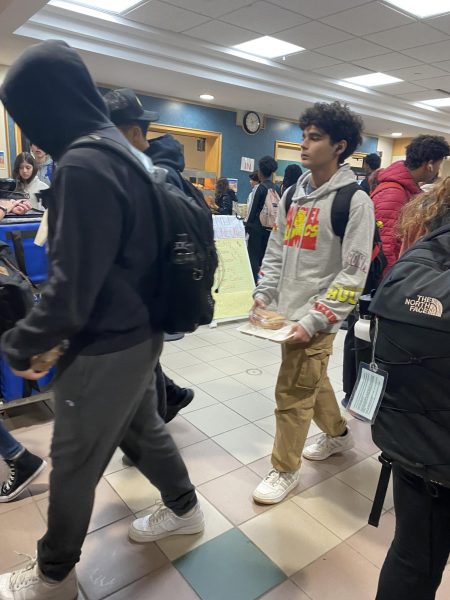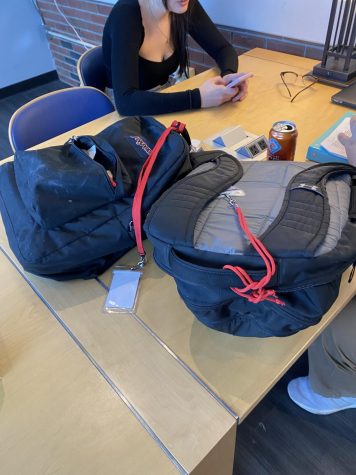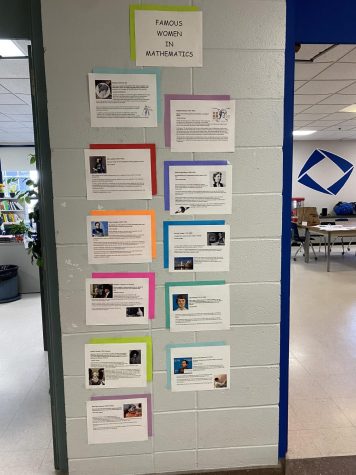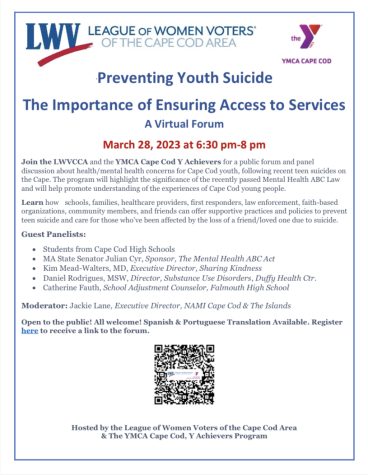Michael Flynn’s Involvement with Russia
April 6, 2017
Towards the end of the Presidential election season, it became apparent that the Russian government played some role in tampering with the 2016 Presidential election and significant concern about communications with Russia by members of Trump’s cabinet and election staff began to surface.
As for investigations into Russian involvement in US elections, Senate Democrats have called for an investigation into the ongoing communications between the Trump administration and Russia. Nancy Pelosi, the House Minority Leader, called for an “independent, bipartisan, outside commission to investigate the Trump political, personal, and financial connections to the Russians” in her February 27 weekly news conference. Senate Minority Leader Chuck Schumer echoed those calls in a special press conference and continues to request that the Trump administration investigate these claims.
House Majority Leader Paul Ryan offered, in response to the concerns of Democrats, stated that “we will always make sure we are protecting our sources and methods and getting to the bottom of any of these things. But we have seen no evidence…been presented…with no evidence that anyone on the Trump campaign or an American was involved with colluding with the Russians” in his February 27 weekly news conference. Senate Majority Leader Mitch McConnell had also previously mentioned that an investigation was “highly likely” during a press conference on February 14.
Michael T. Flynn, Trump’s former National Security Advisor and a former United States Army Lieutenant General, resigned over having “inadvertently briefed the vice president-elect and others with incomplete information regarding my phone calls with the Russian ambassador.”
His resignation came after his earlier remarks on February 8 about not speaking to Russian Ambassador Sergey Kislyak were proven false by released intelligence reports, according to The New York Times. This report came after The Wall Street Journal had earlier reported on January 22 that Flynn was under investigation by US counterintelligence officials for his communications with Russian officials.
White House Press Secretary Sean Spicer emphasized that Flynn’s resignation was not legal in nature, but was rather based on issues of trust, adding: “We got to a point not based on a legal issue, but based on a trust issue, where a level of trust between the President and General Flynn had eroded to the point where he felt he had to make a change.”
Flynn was subsequently found to have consulted with the Turkish government during the course of last year’s Presidential campaign on matters independent to the US election. According to The Wall Street Journal and The New York Times, concern arose over the matter of Flynn not registering as a foreign agent due to his business with Turkey. Spicer, in a press conference on March 24, emphasized that Flynn’s attorneys contacted the Trump Transition Team about whether or not a foreign agent registration was necessary. Spicer added that they were thereafter advised by White House Counsel to seek separate counsel on the matter. Spicer also emphasized that it would not be the place of The White House to offer legal advice.
On Friday, March 24, The Wall Street Journal reported that Flynn’s consulting firm confirmed that his $530,000 in lobbying on behalf of Turkey “could be construed to have principally benefited” the country. As of the date of this printing, Trump and his administration have affirmed that they were unaware of Flynn’s business relationship with Turkey.
On March 1, The Washington Post released a story that asserted that United States Attorney General Jeff Sessions had had communications with Russia—while still a senator—which was stated to be in contrast to statements made in person before the Senate Judiciary Committee and in response to a questionnaire. Sessions had been under fire for not recusing himself from the ongoing investigation into the Trump administration’s communications with Russian officials.
Sessions confirmed that he met with Sergey Kislyak, Russia’s Ambassador to the Untied States twice, once in July in passing at the Republican National Convention and again in September during a meeting with staffers at his office. Sessions and his spokeswoman Sarah Flores have contended that Sessions was only asked about communications made in his capacity as a “surrogate” of the campaign and not in his role as a senator and member of the Armed Services Committee. Therefore, Sessions argues that his questions should be interpreted with respect given to their surrounding context.
Sessions recused himself from the investigation following a brief press conference on March 2. House Majority Leader Paul Ryan defended Sessions, stating that it is common for senators to meet with and host ambassadors while in office. Ryan continued, on the subject of Session’s recusal, “I think he answered that question this morning, which is, if he himself is the subject of an investigation, of course he would. But if he’s not, I don’t see any purpose or reason to doing this.”
Conversely, House Minority Leader Nancy Pelosi called for Session’s resignation, stating that
“after lying under oath to Congress about his communications with Russians, the Attorney General must resign.” Senate Minority Leader Chuck Schumer echoed Pelosi’s request, stating that “because the Department of Justice should be above reproach, for the good of the country, Attorney General Sessions should resign.”
President Trump supported Sessions, saying “I don’t think so” in response to questions surrounding whether or not Sessions should recuse himself. Trump defended Sessions in a series of tweets on March 2, adding “Jeff Sessions is an honest man. He did not say anything wrong. He could have stated his response more accurately, but it was clearly not…intentional.”
The Washington Post reported that other accounts surfaced contending that Trump’s brief campaign manager Paul Manafort, Senior White House Advisor Jared Kushner, and Trump’s personal lawyer Michael Cohen also had communications with Russian officials during the course of the campaign.
Kushner volunteered to testify before the Senate Intelligence Committee on March 27. Kushner volunteered to tesitfy before the committee because of his prior position during the transition as “the official primary point of cntact with foreign governments and officials,” according to ABC News. However, a senior White House official declined to comment further as to whether or not Kushner had had contact with emissaries of the Russian government.
As of the date of this printing, Manafort, Kushner, and Cohen have categorically denied having communications with any Russian officials in capacities considered to be illicit.










